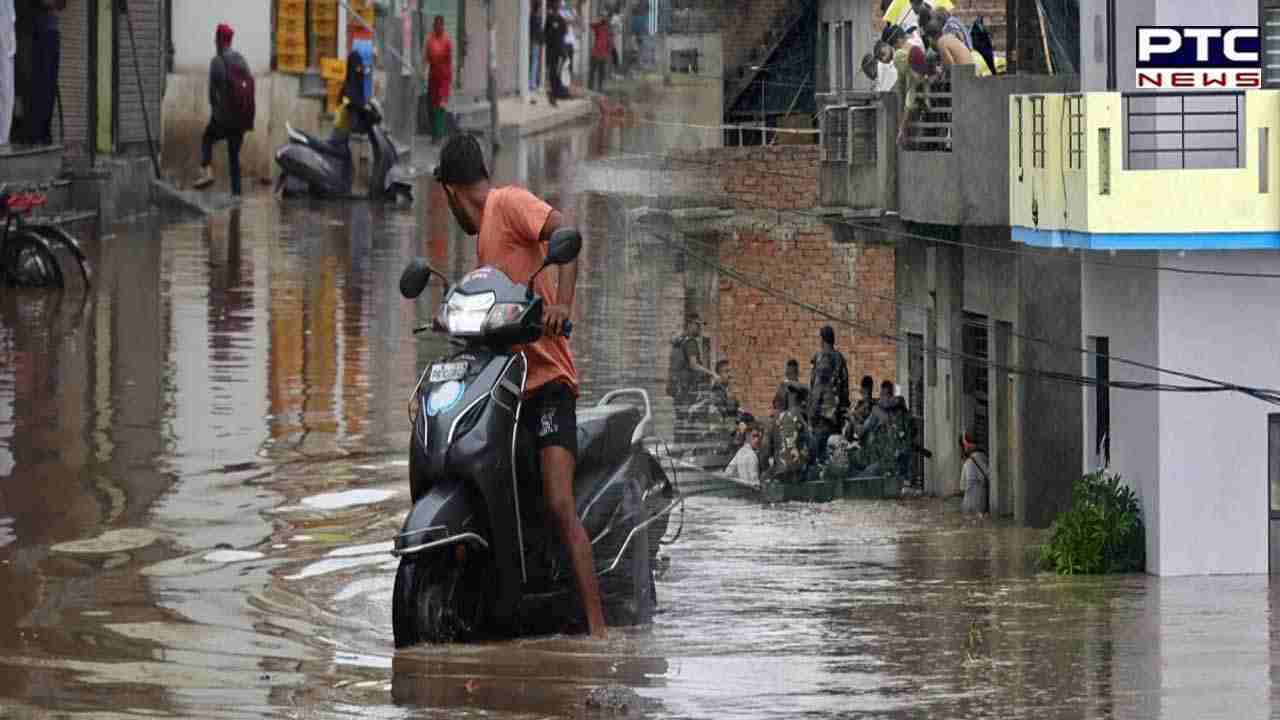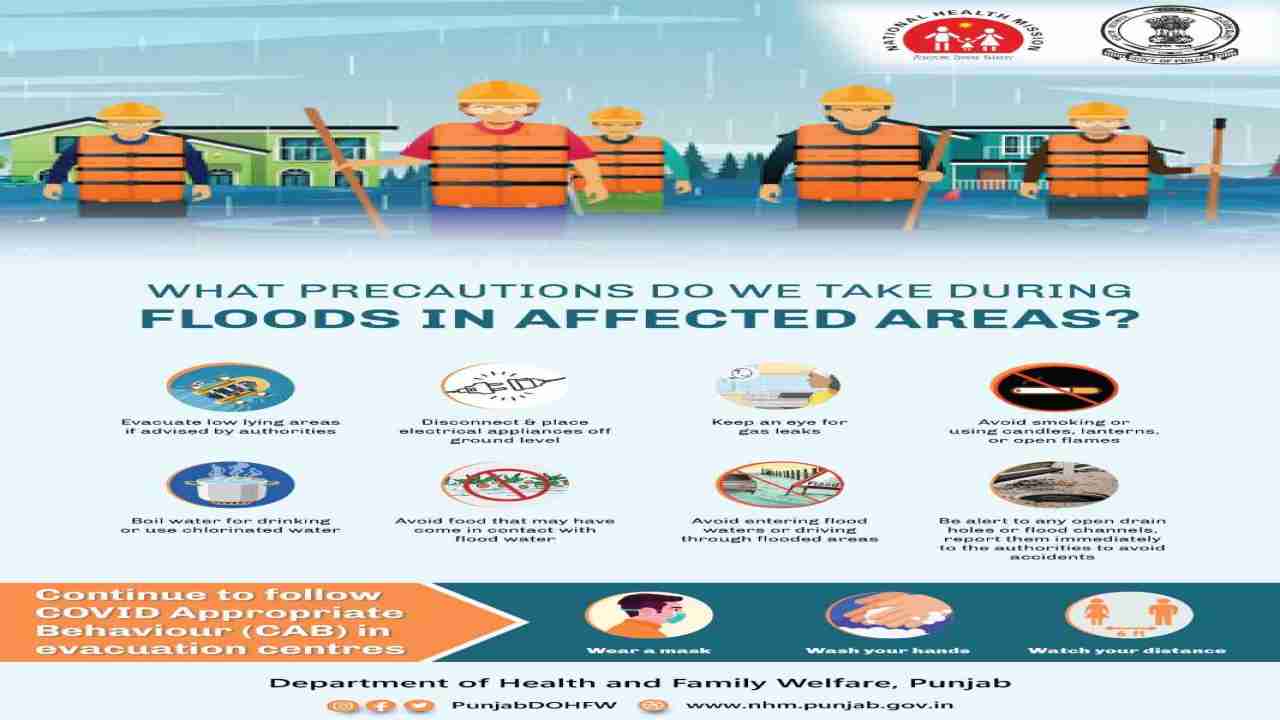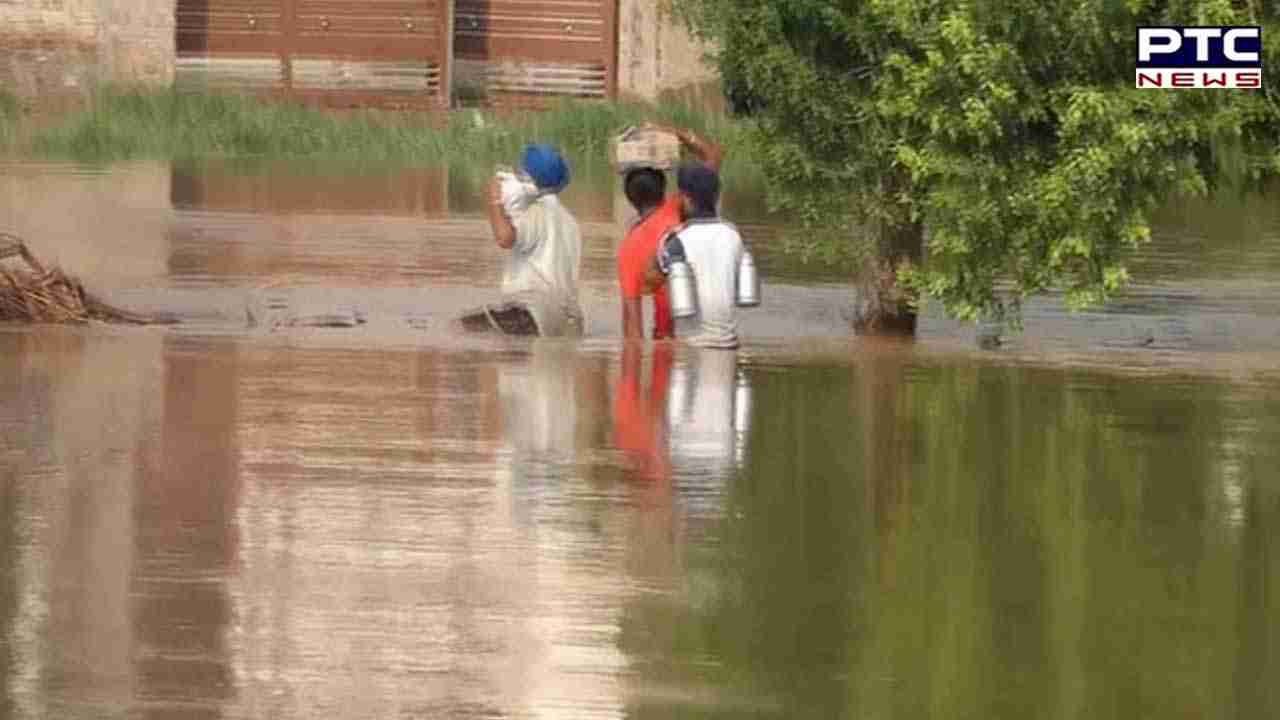

North India floods: Potential flood-related diseases and vital preventive measures
PTC Web Desk: Amid devastating floods in Punjab, Haryana, Himachal and Uttarakhand, the threat of disease outbreak looms large.
Health experts fear an increased risk of waterborne diseases and other health hazards. It is crucial to be aware of the potential diseases that can arise in the aftermath of floods and to take preventive measures to safeguard public health.
Waterborne Diseases:
Contaminated water sources and poor sanitation can result in outbreaks of diarrheal diseases such as cholera, dysentery, and typhoid. To prevent such diseases: Drink only safe, treated water; practice good hygiene, including handwashing with soap and clean water. Ensure proper sanitation facilities and promote safe waste disposal.
_9eaff9a87ab662a29f94dc086438c1e1_1280X720.webp)

Hepatitis A
Floods can contaminate water sources with sewage, increasing the risk of Hepatitis A. To prevent hepatitis A: Vaccinate individuals who have not received the vaccine; promote personal hygiene and handwashing.
Vector-Borne Diseases
Stagnant water after floods provides breeding grounds for mosquitoes that transmit diseases such as malaria and dengue. To prevent vector-borne diseases eliminate stagnant water by draining it or using larvicides; use insect repellents, bed nets, and protective clothing.
Respiratory Infections
Excessive moisture and damp conditions can lead to mold growth, triggering respiratory issues such as allergies and asthma. To prevent mold-related illnesses: Remove and dry water-damaged materials promptly; improve ventilation and ensure proper drying of affected areas. Wear protective gear while handling mold-contaminated items.

- PTC NEWS
